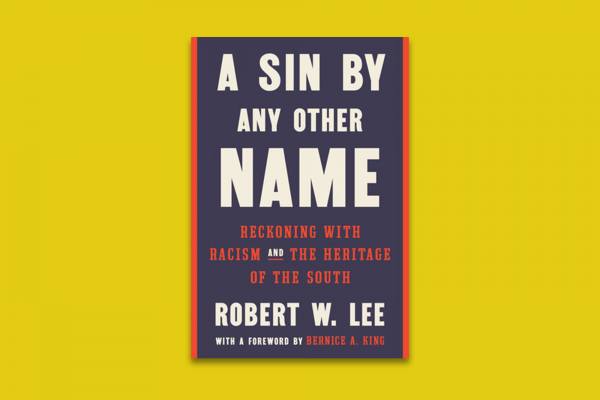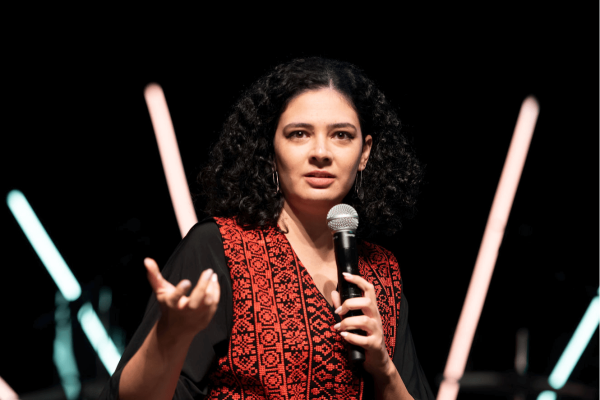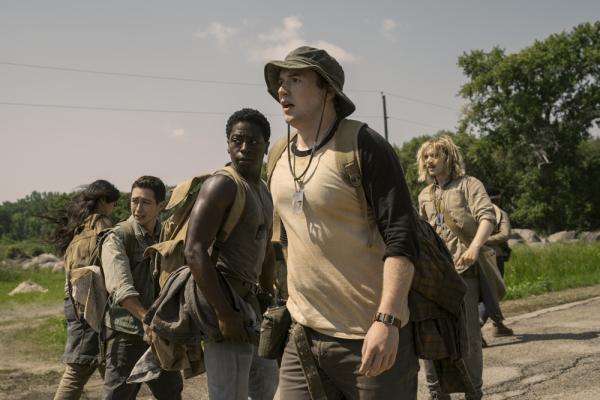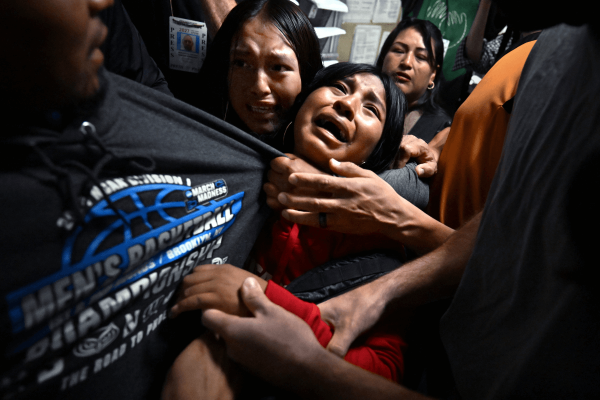A Sin by Any Other Name is a memoir about grappling with being a descendant of Confederate general Robert E. Lee. Author Robert W. Lee IV, a minister who resigned from his pastorate in the midst of controversy following an anti-racism speech he made at the 2017 MTV Video Music Awards, discussed his book with Sojourners culture and review editor Da’Shawn Mosley.
Da’Shawn Mosley: What inspired this book?
Robert W. Lee IV: I’m a pastor first. But the events in Charlottesville, and our nation’s response, terrified me and inspired me to put pen to paper and say, “We gotta talk about this, because if we don’t, our silence becomes complicity.”
This summer marks the second anniversary of the white supremacy violence in Charlottesville. What is your read of where we are as a nation? Charlottesville will live in our collective history as an event of great horror. It was domestic terrorism. As we move forward, especially in the 2020 election, we’re going to have to talk about the deep chasm of racism that exists in our country without using it as a pandering mechanism to get votes. It’s important for us to care and be deeply concerned about these issues.
As a white man, how have you navigated wanting to be an ally and not be at the forefront of the movement while at the same time being catapulted into the public spotlight? It’s a learning experience. I hate to put it like that, but it is. There are times when I mess up horribly and say something wrong or am in the spotlight too long, which is why I’m trying to be careful with this book not to make it about me, because it’s ultimately not about me. It’s about a story that’s been going on far longer than I’ve been alive. But I happen to have a particular part in this story that I have to be a part of, and so it’s finding that balance of being willing to speak up and take the punches, but also being willing to sink when others need to be in the forefront.
Christians who stand against injustice sometimes feel forced to leave their faith communities. Do you have advice for anyone in this postion? People are having to make that decision more and more, because there’s less and less moderate churches than there used to be, and I don’t know if that’s entirely a bad thing. But I do know that people are going to have to remember Jesus’ words, when he said: What good is it to gain the whole world but lose your own soul? I was in danger, had I toed the party line in the church I served, of losing my soul, and I wasn’t going to do that. I was terrified when I left my church. How would I pay the bills? What would this mean for me? But it also really wasn’t about me. It was about something bigger than me. We have to remember that we’re playing with fire, both the fire of Pentecost and the fire of what people do in this world.
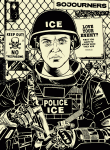
Got something to say about what you're reading? We value your feedback!
